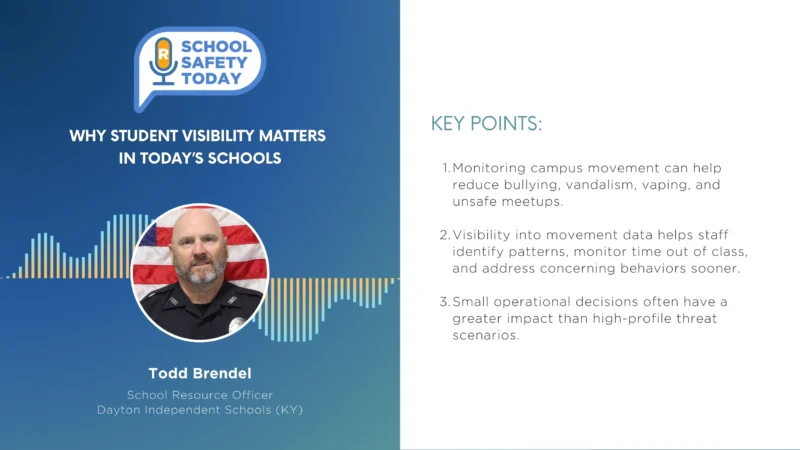Remote Learning Becomes Real
Big picture scenarios are starting to come into focus for the future of education at all levels. Yet while everything still remains in chaotic disarray, and no matter if those scenarios are best case or worst, one thing appears clear—remote learning will be an element in all of them.
McKinsey&Company just released an analysis that paints an unfortunately bleak picture for colleges and universities:
Even [a] relatively optimistic outlook is likely to pose significant challenges to higher education. The sudden shift to online learning is already stretching existing infrastructure; faculty with little or no experience in teaching in this environment may struggle. Courses with a high level of hands-on components—such as clinical practicums, labs, and performing arts—will be particularly disrupted, and students in these fields may have to delay graduation to fulfill requirements. Exams will have to be held online, making it impossible to administer closed-book tests.
In the other two, more pessimistic scenarios, most schools will be exclusively online through 2020 and into 2021. Travel will be greatly limited, and large events will not take place. Study-abroad programs will be canceled through 2021. The incoming class of first-year students will start college without an on-campus orientation. Faculty will have to make longer-term changes to their curricula and teaching approaches. A notable share of the class of 2021 will not graduate that year.
When it comes to remote working and professional learning, findings from an IBM Institute for Business Value (IBV) survey of U.S. consumers last reveals shifting personal behavior and preferences resulting from the COVID-19 pandemic.
The study polled more than 25,000 U.S. adults in the month of April to understand how COVID-19 has affected their perspectives on a number of issues, including retail spending, transportation, future attendance at events in large venues, and returning to work. The results revealed that not only do U.S. consumers surveyed plan to make significant changes in the way they go about their lives and work in the wake of the virus, but also that there tend to be stark regional contrasts about those plans depending on where those consumers reside.
According to the survey, the forced shift to operating as a largely remote workforce has led to nearly 40 percent of respondents indicating they feel strongly that their employer should provide employee opt-in remote work options when returning to normal operations. And remote work appears to be growing on people, as more than 75 percent indicate they would like to continue to work remotely at least occasionally, while more than half – 54 percent – would like this to be their primary way of working.







